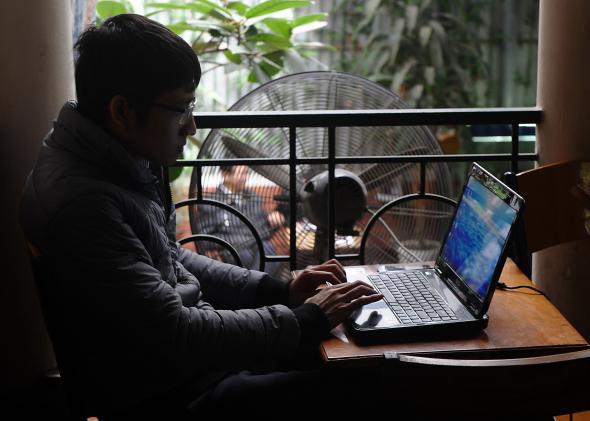This article originally appeared in Inc.
Having a safe and reliable Wi-Fi connection is a matter of public interest, according to Google and Microsoft. The two tech rivals have joined a coalition to fight against the hotel industry’s attempt to block personal Wi-Fi hot spots on their properties.
In November the American Hospitality & Lodging Association, Marriott, and Hilton filed the petition to the Federal Communications Commission on the grounds that barring unapproved Wi-Fi hot spots would help hotel owners manage and provide safe and reliable networks. In opposition documents filed on Dec. 22, Google, Microsoft and other wireless companies argue that “willful” interference with consumer devices violates federal law, is against the public interest, and can even put hotel guests in danger.
“Allowing hotels and other property owners to block communications with lawfully operated Wi-Fi access points could endanger guests on those properties,” read Google’s opposition filing. “Consumers increasingly rely on Wi-Fi and VoIP technologies to make calls when carrier voice service is not available, and this includes calls to emergency services. Especially in a place of public accommodation, disconnecting network connections on which users rely puts health and safety at risk.”
While hoteliers claim eliminating hot spots would improve their ability to provide good Wi-Fi, critics say they’re mostly interested in turning a profit by requiring guests to use their pricy services.
The FCC has set something of a precedent in these cases. In 2006 it prohibited Boston’s international airport from blocking free Wi-Fi provided by airlines in airport lounges. In October Marriott agreed to pay $600,000 to clear another complaint from the FCC after blocking personal Wi-Fi connections during a convention at its Gaylord Opryland Hotel in Nashville and charging exhibitors upwards of $1,000 for Wi-Fi.
It’s unlikely that the FCC will approve the new petition, which would hit business travelers especially hard. In addition to costing them money, it might make them targets for hackers. In November a Russian cybersecurity firm recently discovered that cybercriminals have been hacking into the computers of business travelers in Asia.
“By far the biggest risk [of getting hacked] while traveling is using hotel networks,” says Chris Wysopal, chief technology officer of Veracode, a cloud-based security service whose clients include the largest U.S. banks.
Both Wi-Fi and wired connections in hotels pose similar risks, so Wysopal often suggests his clients bring a mobile hot spot or Mi-Fi device to connect to the Internet.
See also: Google’s Eric Schmidt to Consumers: We Don’t Want Us to Get Hacked Either
